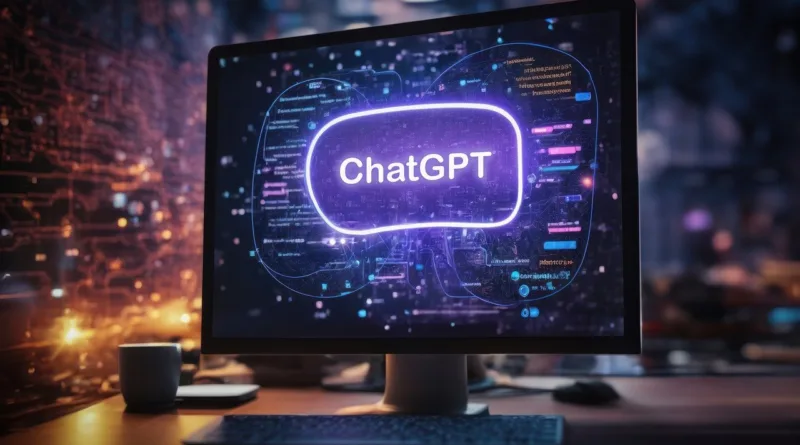Revolutionizing Conversational AI
ChatGPT, powered by OpenAI’s cutting-edge technology, represents a significant leap forward in conversational artificial intelligence. With its ability to understand and generate human-like text responses, ChatGPT has revolutionized the way we interact with AI systems, offering a wide range of advantages and a few potential drawbacks.
Advantages:
- Natural Conversational Flow: ChatGPT excels in simulating natural conversation, making interactions with AI systems feel more intuitive and engaging.
- Versatility: From answering questions and providing recommendations to generating creative content, ChatGPT can perform a variety of tasks across different domains and applications.
- 24/7 Availability: ChatGPT operates around the clock, providing users with instant access to information and assistance whenever they need it, without the need for human intervention.
- Scalability: As an AI-powered system, ChatGPT can handle large volumes of inquiries simultaneously, making it scalable for businesses and organizations of all sizes.
- Personalization: ChatGPT can be fine-tuned and customized to better understand individual preferences and tailor responses to specific user needs, enhancing the overall user experience.
- Text-to-Video Capabilities: OpenAI’s recent advancements in text-to-video technology, such as Sora, allow ChatGPT to generate dynamic visual content from text input. This opens up new possibilities for storytelling, content creation, and communication, adding a visual dimension to the conversational experience.
Disadvantages:
- Limited Contextual Understanding: While ChatGPT excels in generating text responses, it may struggle to understand complex or nuanced contexts, leading to inaccuracies or irrelevant responses in certain situations.
- Bias and Misinformation: Like all AI systems, ChatGPT is susceptible to biases present in the data it is trained on, which can result in biased or misleading responses, particularly on sensitive topics.
- Lack of Emotional Intelligence: While ChatGPT can simulate human-like conversations to some extent, it lacks emotional intelligence and may struggle to understand or respond appropriately to emotional cues or sentiments.
- Security and Privacy Concerns: Conversations with ChatGPT may involve sharing sensitive or personal information, raising concerns about data security and privacy, particularly if the AI system is not properly secured or monitored.
- Dependency on Training Data: The performance of ChatGPT relies heavily on the quality and diversity of the training data it is exposed to, which can limit its effectiveness in certain domains or languages if adequate data is not available.
In conclusion, while ChatGPT offers numerous advantages in terms of natural conversation, versatility, and scalability, its integration with text-to-video technology further enhances its capabilities, opening up new possibilities for communication and content creation. However, it also presents challenges related to contextual understanding, bias, privacy, and security, which must be carefully addressed to maximize its potential benefits.

Pingback: Exploring the Potential of Generative AI - vortexaizone.com
Pingback: Unleashing AI-Powered Voice Synthesis: Transform Any Text Into Human-Sounding Voiceovers - vortexaizone.com
Reading your articles is always a learning experience. This one was no exception. Great job!